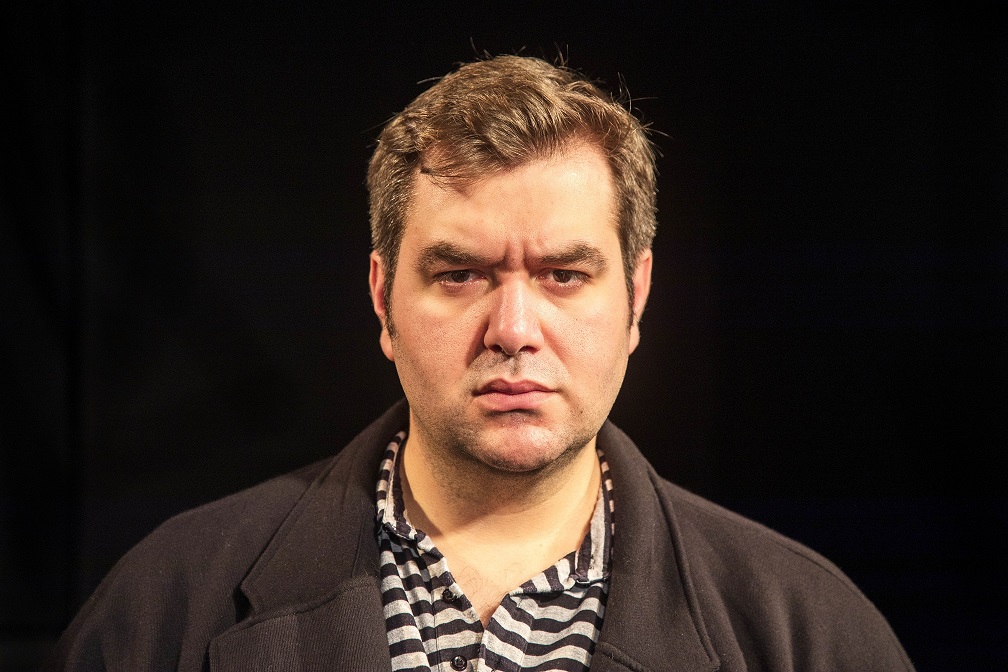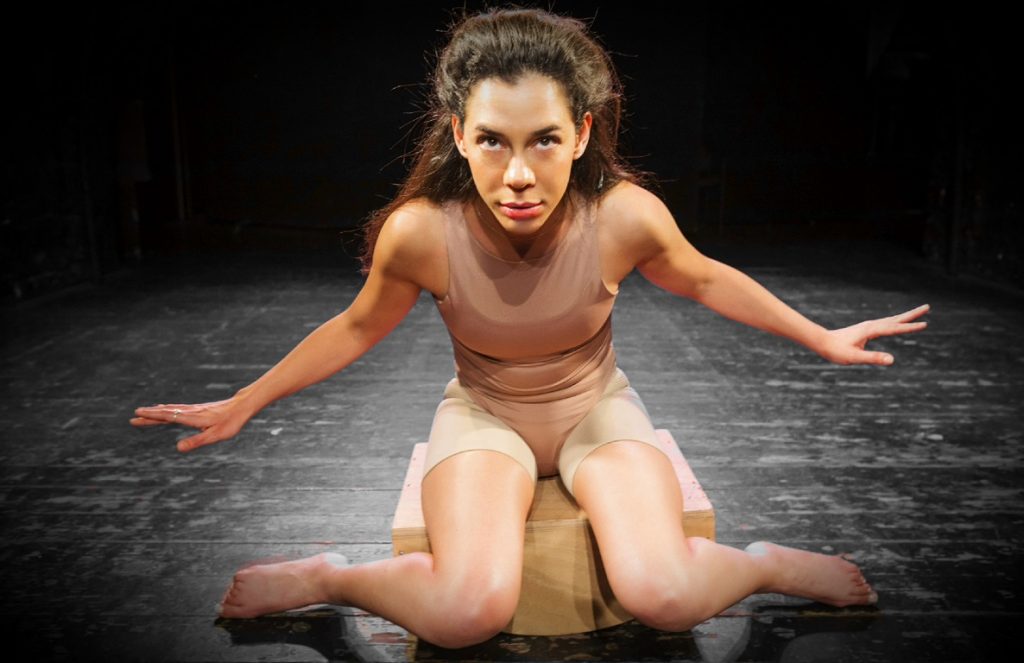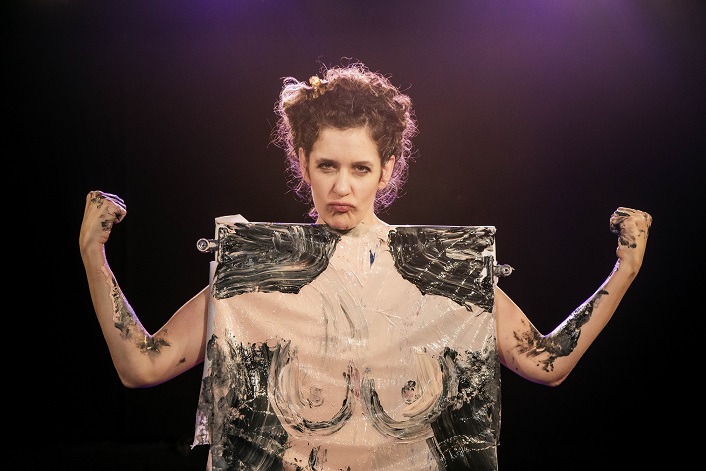Excitement was in the air and emotions ran high throughout the 30th edition of the Theatronetto, four nights of one-person plays, seven in competition, as well as five guest performances of previous Theatronetto winners. For many of us, this was the first time we had been to the theatre since the start of the pandemic. There was much to celebrate, and much to mourn, on an individual and collective level. This festival marked the first that took place without its founder, Yaakov Agmon z”l, and the first led by his widow, the actress Gila Almagor-Agmon. Agmon’s presence graced the festival, in the exhibit of photographs by Gerard Alon, displayed in the foyer of the Jaffa Theatre, in the musical tribute performed by students of the Rimon School, and in every play that was performed at the festival, in the intimacy of the direct encounter between actor and audience.
Performances took place in three venues: the Jaffa Theatre, HaSimta Theatre, and Teatron HaBayit. All are within easy walking distance of one another and as I walked from one to another, I could hear the animated conversations, as people walked out of the theatre, the play they had just seen still vivid in their minds, making their hearts beat just a bit faster.

The Nissim Azikri prize for Best Performance was awarded to Ben Yosipovich for his performance in Mifletzet HaZikaron (the monster of memory), based on the book by Ishay Sarid, adapted by Yosipovich, and directed by Ariel Wolf. Moving and unsettling in its confrontation with moral dilemmas, the play depicts a guide for youth trips to Poland (Yosipovich) who attempts to explain himself in a disciplinary hearing before the Director of Yad Vashem. Earnest and appealing in his portrayal of the historian trying to balance his intellectual interests with the need to make a living, and the responsibility of conveying the lessons of history to a younger generation, Yosipovich readily gained the empathy of his audience. His performance was augmented by the creative use of video, the contemporary language of documentation. Camera aimed at Yosipovich, the video broadcast initially emphasized the tension of the hearing, most impressive though was its imaginative deployment throughout the play, utilizing the space of the Jaffa Theatre and its arches with lighting evoking the darkness of the camps, and the darker caverns of the soul. As he recounts his experiences with youth, teachers, and Holocaust survivors, one is swept away, drawn into the emotions and conflicts of his troubled spirit. The aim of youth trips to the camps in Poland is to teach the lessons of the Holocaust to the younger generations – but what is the lesson learned? The strength of Yosipovich’s performance, and of the play, is that it does not offer a set answer, but rather opens up painful questions, questions with critical contemporary relevance. For this writer, waiting at the bus stop after seeing the play, it generated a lively conversation with two women in their twenties – one who had joined the high school trip to Poland and one who chose not to join – and a third woman, a second-generation Holocaust survivor. We were all very moved by the performance, and each saw the play in a different light – and that is its power.


An Honorable Mention was awarded to two actors: Maayan Kilchevsky for Kacha Lo Olim Al Bama and Michal Svironi for Carte Blanche. The prize for Audience Favorite, in memory of Tarin Shalfy, was awarded this year for the first time, to Maayan Kilchevsky.
The Theatronetto judges committee: Roni Ninio, Ruba Blal-Asfour, Ella Nikolayevsky. Artistic committee: Gila Almagor-Agmon, Daniela Michaeli, Shimon Mimran, Yigal Ezrati.





